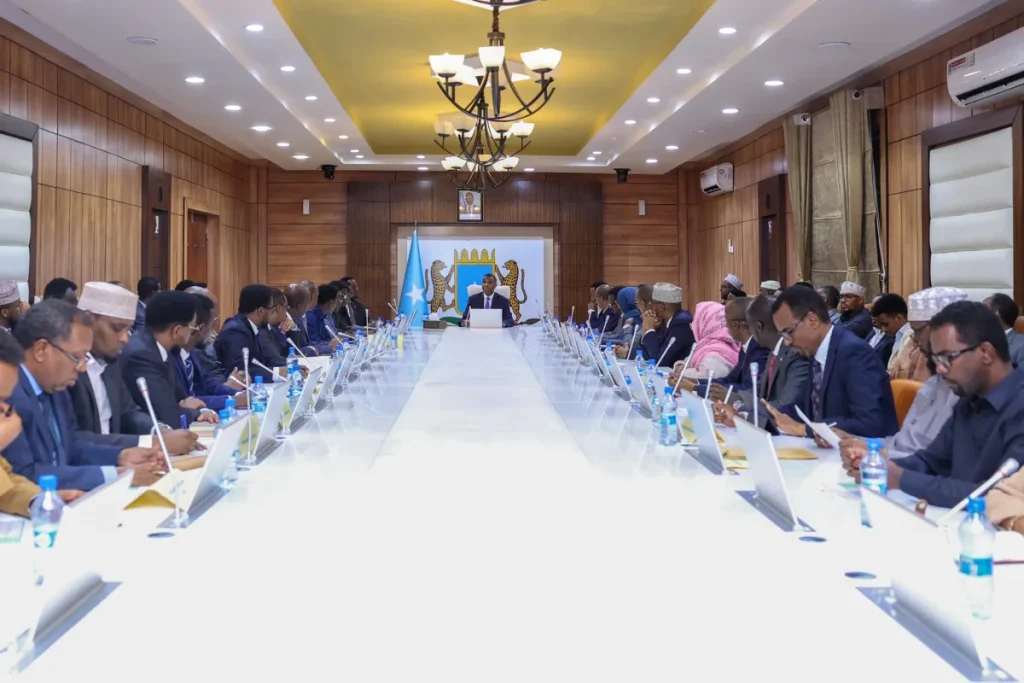The Somali government announced on Tuesday that it will not recognise Ahmed Madobe’s re-election as leader of the Jubaland region, deepening tensions with the country’s semi-autonomous states.
On Monday, Jubaland’s regional parliament re-elected Madobe, a former warlord who has held power since 2012. However, Somalia’s central government declared the election process unlawful, citing constitutional limits that prohibit Madobe from serving beyond two terms.
Government spokesman Farhan Jimale confirmed that the attorney general has been directed to file a lawsuit against Madobe at the Supreme Court.
Madobe, anticipating opposition, asserted his authority on Monday, stating, “Nobody is in charge other than me now.”

Somalia’s federal system comprises five semi-autonomous regions: Puntland, Jubaland, Galmudug, Hirshabelle, and South West, alongside a central government based in Mogadishu. Relations between the central government and its regions are often fraught, complicating efforts to stabilise the nation after decades of conflict.
The re-election controversy comes as Somalia pushes towards universal suffrage elections, slated for next year, to replace the current indirect voting system controlled by clan leaders.
In contrast, Somaliland, which declared independence in 1991, conducts direct elections, although its self-declared independence remains unrecognised internationally.
Jubaland, a fertile and relatively prosperous region, is of strategic interest to neighbouring Kenya and Ethiopia. Both countries maintain military forces in the area and view it as a buffer zone against Al-Shabaab, the militant group responsible for numerous deadly attacks across the region.


